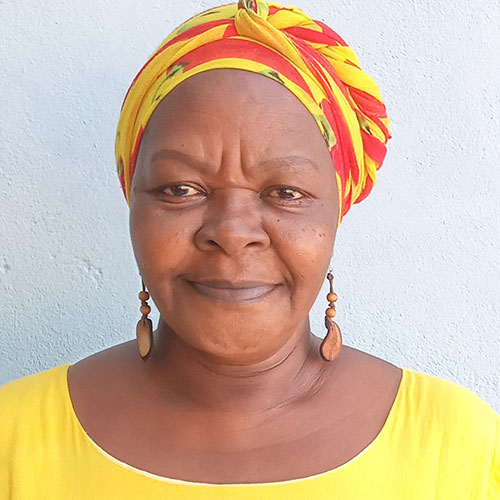Zumbi dos Palmares: the fight for freedom that should not be forgotten
Dia da Consciência Negra (Black Awareness Day), celebrated on November 20th, will be a national holiday in Brazil for the first time!


On November 20th, Dia de Zumbi dos Palmares (Zumbi dos Palmares Day) and Dia da Consciência Negra (Black Consciousness Day) have always been celebrated informally. The date was made official by then president Dilma Rousseff (PT), through Law No. 12,519, of November 10, 2011. Since then, it has become a public holiday, but only in some Brazilian states and cities, such as Rio de Janeiro and São Paulo.
The change happened at the end of 2023 when President Luiz Inácio Lula da Silva (PT) sanctioned the law that enshrined the date as a national holiday.
However, this day has always been dedicated to the memory of one of the greatest leaders of black resistance against slavery in Brazil and a symbol of the fight for freedom.
Who was Zumbi dos Palmares?
Zumbi was born in 1655, in Serra da Barriga, in a community organized as a refuge for enslaved people who had fled plantations and mills. Although he was born free, he was captured at the age of seven by Portuguese colonial forces and handed over to a Catholic priest, who baptized him with the name Francisco and taught him Latin and Portuguese.
At the age of 15, Zumbi escaped his captors and returned to Quilombo dos Palmares, then led by Ganga Zumba. He quickly stood out as a military leader and took command of the defenses of the quilombo, the largest refuge of resistance in the colonial period, in the last years of its existence.
Quilombo dos Palmares began as a refuge for slaves who had escaped, but over time it also began to welcome Indians and poor whites. After the destruction of Palmares in 1694, by forces led by the Portuguese bandeirante Domingos Jorge Velho, Zumbi lived in hiding until he was captured and killed on November 20, 1695.
The senator Randolfe Rodrigues, from Partido dos Trabalhadores – PT (Workers’ Political Party), has always defended the tribute and celebration of Zumbi’s sacrifice in his fight against slavery. “November 20th has to be celebrated, yes, in every way because it was the date of the biggest black rebellion. It was a date when a people decided to no longer bow to the yoke of chains and slavery”, he said in an interview with the press.
Senator Paulo Paim, from the PT of Rio Grande do Sul, stated that this day is also a way of educating the population so that crimes of discrimination cease to exist. According to the parliamentarian, it is a date to reflect, discuss and combat all types of prejudice.
November 20th is a day of reflection on the importance of combating racism and promoting racial equality.
Black Consciousness Month
The month of November is marked by several important dates for the black movement and the preservation of ancestral cultures. Check out some:
Day 01 – Bloco Afro Ilê Ayiê (a carnival block) was created, in Salvador, Bahia, in 1974. It is also the date of the death of the writer Lima Barreto, in 1922.
Day 04 – The Movimento Negro Unificado – MNU, declares November 20th, Dia Nacional da Consciência Negra (‘Black Awareness National Day’), 1978.
Day 10 – The Médici government bans news about Indians, death squads, guerrillas, black movements and racial discrimination in all press, 1969.
Day 11 – Independence of Angola, in 1975 and independence of Zimbabwe, in 1980.
Day 19 – Birth of Paulo Lauro, the first black mayor of São Paulo, SP, in 1907. On the same date, the publication of Rui Barbosa‘s order ordering the burning of books and documents referring to black slavery in Brazil also took place, in addition to the launch of the first volume of Cadernos Negros in 1978.
Day 20 – Death of Zumbi, leader of the Palmares quilombo, in 1695, giving rise to Dia Nacional da Consciência Negra (‘Black Awareness National Day’). In 1975, the Rio Grande do Sul group Palmares declared the 20th as Dia do Negro (Black Day).
Day 22 – Revolta da Chibata (Revolt of the Whip). Rebellion led by João Candido, the “Almirante Negro” (“Black Admiral”), against the mistreatment suffered in the Merchant Navy of Rio de Janeiro, in 1910.
Day 24 – Birth, in 1861, in Santa Catarina, of Cruz e Souza, considered the greatest Brazilian symbolist poet. On this date, in 2002, Feira Preta was also created, the largest black culture and entrepreneurship event in Latin America.
Day 25 – Dia Nacional das Baianas (National Baianas Day).
“May the Black Awareness Day inspire us to fight racism and build a more egalitarian future,” a phrase by an unknown author.






